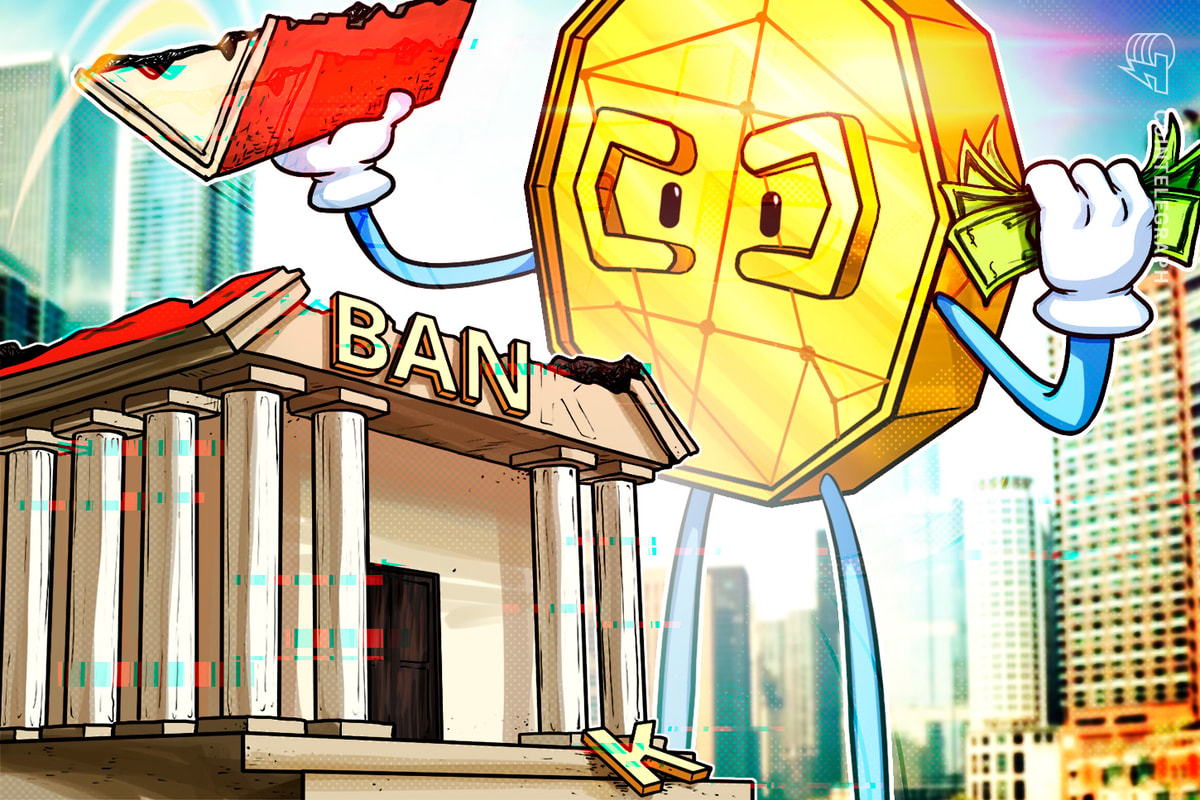
The bitcoin payment processing space continues to get more crowded with the launch of merchant services by igot, a bitcoin exchange based in Australia. This new service will put the company head-to-head with some of the largest payment processors in the market.
“Accepting bitcoin through igot has multiple advantages for merchants. Integration take just minutes, and it protects businesses from both credit-card chargebacks and price volatility,” said Rick Day, co-founder of the company, in a statement.
The company believes it has a competitive advantage because it can facilitate cross-border payment in nearly 40 countries, allowing businesses to cash out in any of those currencies. According to igot, integration is simple, which is important since they’re working with online businesses.
“Our primary focus is online stores, and we do not expect huge numbers of signups from brick-and-mortar businesses at this time,” Day said in an interview with Bitcoin Magazine. “Over time, we will work with POS solutions to integrate igot’s service into their existing hardware. Right now, accepting bitcoin requires almost no effort from the merchant and, once sales start coming in, igot automatically converts the bitcoin to fiat currency and places it in the merchant’s bank account.”
The company will charge a 0.5 percent fixed transaction fee. There are no interchange or currency conversion fees. And because the user can instantly convert the bitcoin into a local fiat currency, the merchant doesn’t have to worry about the volatility of bitcoin.
Working in so many countries, though, seems like it could open the company up to regulatory hurdles. Day told Bitcoin Magazine that most of the countries igot operates in don’t require much licensing.
“We strictly follow our KYC and AML policies in every jurisdiction in which we operate,” Day said. “As yet, most of these countries do not require us to obtain a Money Service Business license. Even so, we already collect data and report all cases that would be required of us if we were an MSB. This means, as governments around the world start to establish regulatory frameworks, we will be instantly ready to comply.”
Like with the other payment platforms, the majority of the sales made are being instantly converted to the local fiat currency rather than being kept in bitcoin. According to Day, fewer than 5 percent of businesses that use igot are holding onto any bitcoin. But Day does see ways that adoption will grow for the digital currency.
“To begin with, bitcoin has to be made far less technical,” he said. “Not everyone wants to know how dollar bills are printed, why they are printed the way they are or how the powers that be determine the right number to print. The average consumer just wants to use their dollar bills.
“As long as we can make it easier for them [the average customer] to convert dollars to bitcoin and back with a simple push notification, bitcoin will make more sense,” Day said. “Also, as big retailers, investors, and governments increasingly take interest in the technology, we will see the beginning of mass adoption.”
Image via igot.










